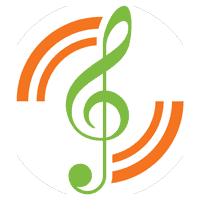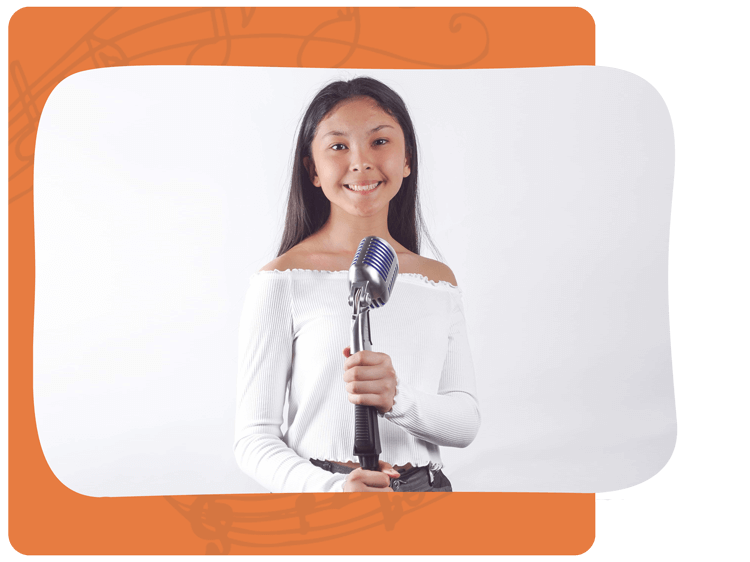Maybe you are a parent of a child who just can't stop singing, and you are looking for the best vocal training for your child, rest assured, you have arrived at the right place.
Regardless if you are a beginner or an advanced level student, our music school will accommodate any skill level. We also accommodate individual learning styles. We make learning music fun!
Our music school offers private voice lessons for adults and children aged six and up. The voice teachers at the Mississauga Fine Arts Academy are highly qualified educators and musicians. They delight in igniting the talent within and propel their students towards accomplishing their individual goals.
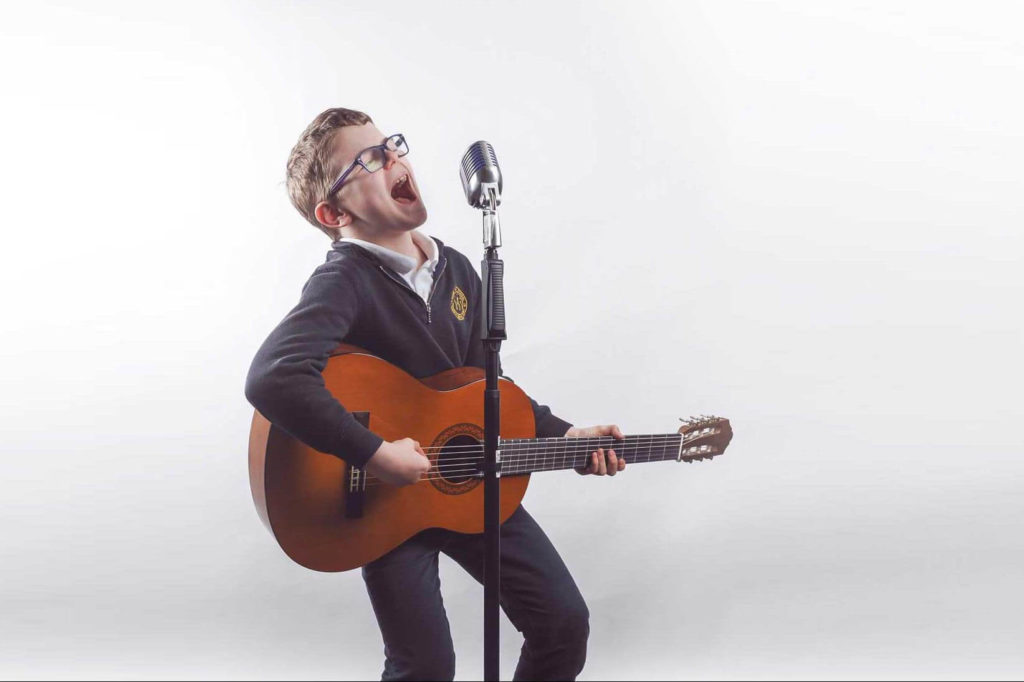
Award Winning
Voice Lessons in Mississauga
Singing lessons taught by professional vocal coaches

About Our Voice Lessons & Vocal Coaches
Our voice teachers have received their music education from prestigious institutions such as The University of Toronto, Humber College, York University Conservatory, Berklee College of Music, Glenn Gould Professional School, and the McGill University Faculty of Music. Many of our instructors have gone on performance tours of Canada, the US, and Europe. They have over 30 years of professional performance and teaching experience.
In addition to their teaching credentials, our highly accredited teachers have warm personalities, are extremely friendly, and strive to get to know each student on a personal level.
But don't take our word for it; just take a look at what our students and their parents say about us in their own words.
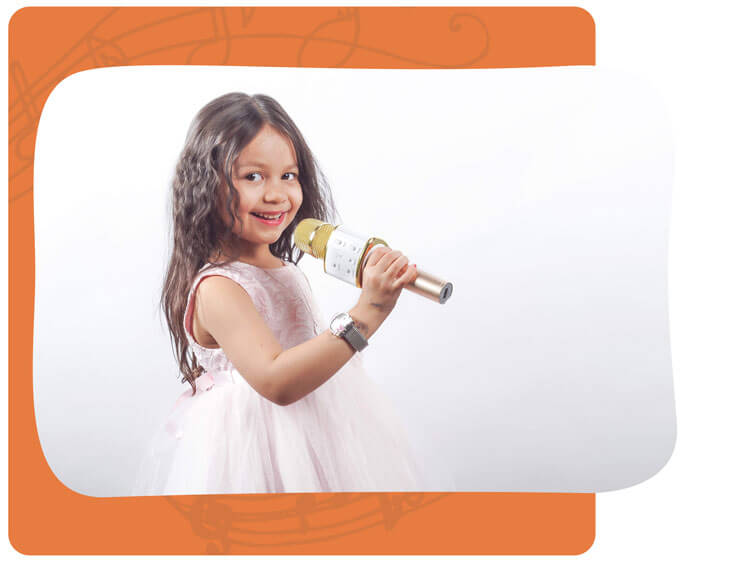
Your singing instructor will work with you to help you find your unique voice and help strengthen its quality. Whether you want to sound similar to your favourite singer or simply develop a sound that's uniquely yours, it's your choice. Your singing teacher is there to help you find your individual musical path.
Singing Lessons Improve Confidence
Singing is very natural for all humans, just like the song is natural to the songbirds. Whether we sing in the shower in the car, or on a big stage in front of a big audience, singing is a fantastic expression of joy, happiness, worship, longing, and melancholy.
Sometimes we tuck away singing, especially singing in front of others, usually due to shyness and lack of confidence. But what if you could take singing lessons and improve your singing? It will, for sure, boost your confidence to sing for yourself and for an audience.
Whether you think you are a good singer or not, have sung for a few months or many years, you could always improve your singing by getting vocal coaching and working diligently to improve your voice. And it really doesn't matter how old you are. It's never too late to take voice lessons and improve your singing.
Fun Fact!
Your voice is an instrument you are born with. You don't even have to buy an instrument to take voice lessons!
Like any other musical instrument, it takes voice lessons, music theory lessons, practice and perseverance to master your vocal instrument. But it is worth it!
The moment you hear yourself belting a song you always wanted to sing but felt you couldn't is priceless! It brings satisfaction, great joy, and a feeling of a remarkable accomplishment in life.
Singing is a beautiful gift, and everyone has “the talent” to sing. Don't think that you must possess some kind of extraordinary talent to sing.
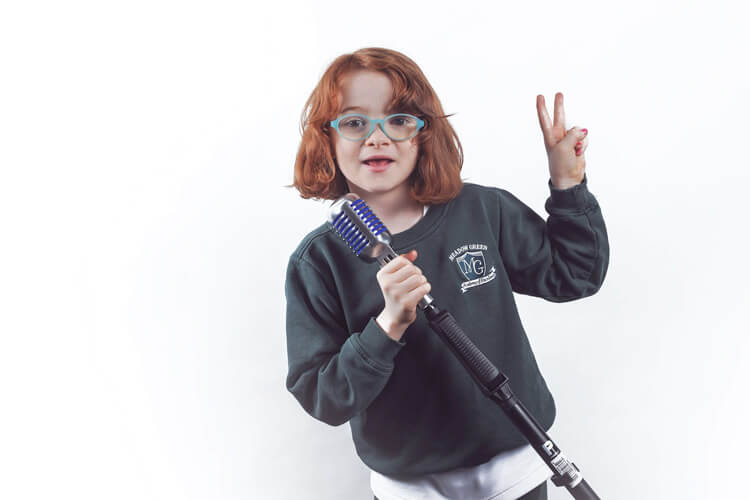
What Is Talent?
Talent is a skill that someone has to do something really well, something that others like, something that has some degree of difficulty but is accomplished through effort and perseverance. Therefore, talent is created, not born.
Talented people may have more than one talent. Some have the talent to play the piano, and they take guitar lessons and become talented in playing the guitar. They take voice lessons, and suddenly they are skilled in playing the piano, the guitar, and singing.
The possibilities are limitless for everyone who is drawn to music and puts in some effort in perfecting their musical craft.
Reasons to consider taking singing lessons
People get vocal training for many reasons. Some people who take singing lessons just want to get better for their own entertainment, or as an expression of worship. Others sing professionally or dream of singing professionally and want to improve their singing.
When you take voice lessons, your voice teacher will teach you how to sing, proper singing techniques, how to become a well-rounded musician, develop a so-called “musical ear” and sharpen your performance skills.
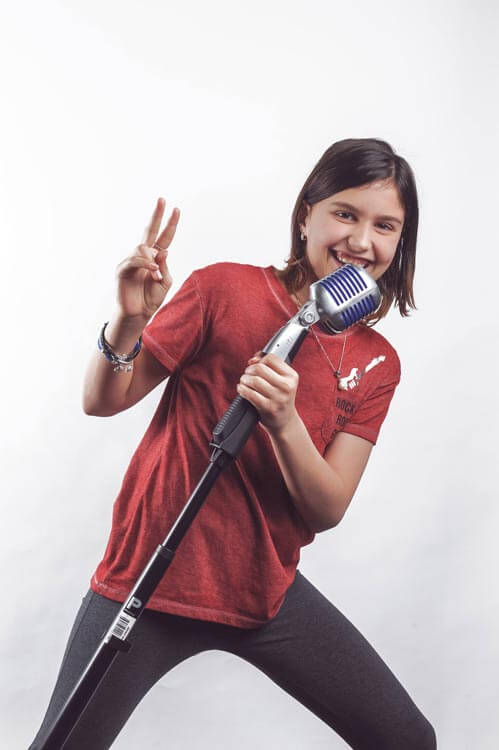
Things you'll learn when taking voice lessons:
- How to read music - read sheet music
- How to find and sing a note precisely and adequately
- How to find a note and learn not to waver from it
- How to develop lung capacity, add power to your voice and learn to control the volume
- Proper technique on how to control your breathing and hold out notes for an extended period
- How to warm-up your voice and avoid vocal fatigue
- How to adapt to changes in your voice
- How to protect your vocal cords from strain and vocal nodules
- What's your vocal ability and capacity
- How to use vocal techniques to drastically increase your vocal range
- Learn the nuances of different songs and hone in your performance skills and build your vocal talent
- How to sing different music genres and multiple styles
- How to overcome fear, stage fright, and sing confidently in front of others
What are pitch, note, and tone in singing
Pitch, note, and tone, are terms sometimes used incorrectly in singing. They have a different meaning and a unique relationship in singing.
Did You Know
- It makes more sense to say a person is “pitch-deaf” rather than “tone-deaf.”
- It also makes more sense to say that a singer is nervous about singing “high pitch.” Instead, you hear it being said, “high notes.”
- Pitch is a high and low frequency of a sound. You create pitch while singing because your vocal cords are vibrating. The faster the vocal cords vibrate, the higher the pitch.
- Notes are musical symbols showing the location of the pitch
- The tone is the colour (timbre) of the pitch, sometimes described as warm, rich, smooth, breathy, smoky, flat, dark, rough, or strident.
Vocal range, register, type
According to Wikipedia, a vocal range is a range of pitches a human voice can phonate.
In singing, a vocal range is the span of the lowest to the highest note you can sing.
Vocal teachers may define the vocal range within “the span of musically useful pitches (notes) a singer can sing.” Some singers can produce specific notes but cannot use those notes in certain types of singing scenarios. An example of this is opera singing versus singing with a microphone (opera singers must project over an orchestra using their best vocal range).
Our voice can be produced using different physiological processes within the throat. These voice productions are known as voice registers, and they include the whistle register, the falsetto register, the modal register, and the vocal fry register.
What Is Whistle Register?
Very high notes (mostly in female voices) sang using only the back of very tightened vocal cords. Its timbre sounds like a whistle.
Here is a video of some of Mariah Carey's whistle register notes:
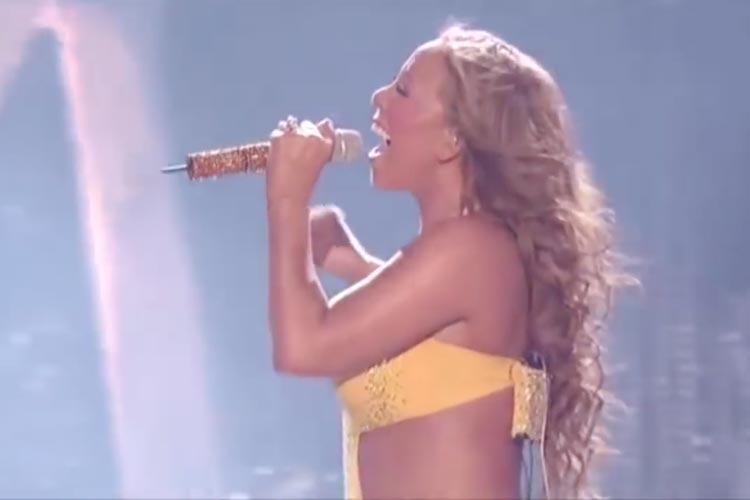
Falsetto register (literally means “false voice”)
Higher register than the modal (normal/chest voice) characterized by a very airy, light and thin sound coming strictly from the head. When the vibrating edges of the vocal cords in this register come close to each other without touching and allowing air to escape in between, resulting in the airy sound.
Head voice
This refers to the high end of a voice range (different from falsetto), which is characterized by clearer sound when compared to falsetto. The vocal cords stay in contact with each other; the air doesn't escape between the vocal cords resulting in a clearer and cleaner sound. The term “head voice” comes from feeling the vibrations in the upper half of your face and using the nasal and sinus cavities as a resonator.
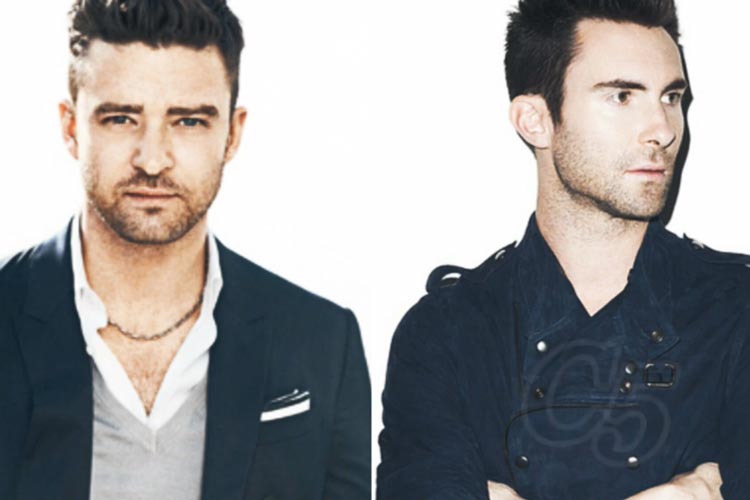
Falsetto: Adam vs. Justin
Falsetto register (literally means “false voice”) – Higher register than the modal (normal/chest voice) characterized by a very airy, light, and thin sound coming strictly from the head.hen the vibrating edges of the vocal cords in this register come close to each other without touching and allowing air to escape in between, resulting in the airy sound.
Head Voice: Leona Lewis
This refers to the high end of a voice range (different from falsetto), which is characterized by clearer sound when compared to falsetto. The vocal cords stay in contact with each other; the air doesn't escape between the vocal cords resulting in a clearer and cleaner sound. The term “head voice” comes from feeling the vibrations in the upper half of your face and using the nasal and sinus cavities as a resonator.
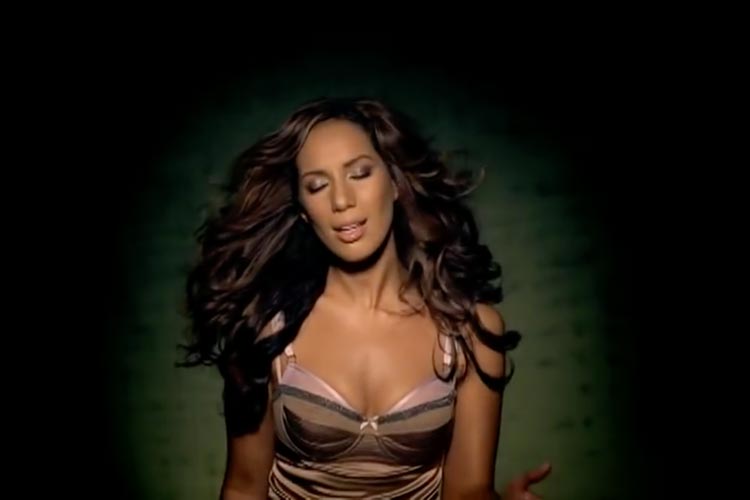

Head Register (chest voice): Rihanna
This is your comfortable singing range. This is basically your normal speaking voice. It occupies the lower part of your vocal range.
It's referred to as a “chest voice” because the vibrations in this range are felt in your chest (more specifically, the lower part of your neck and the sternum). The vocal cords in this singing range come together, forming a seal, and they vibrate along their whole length when the air flows in between them.
Vocal Fry Register: Britney Spears
This is the lowest vocal register in your voice characterized by a deep and creaky sound. The vocal cords in this register are relaxed, making a loose closure that allows air to bubble through with a popping or rattling sound.
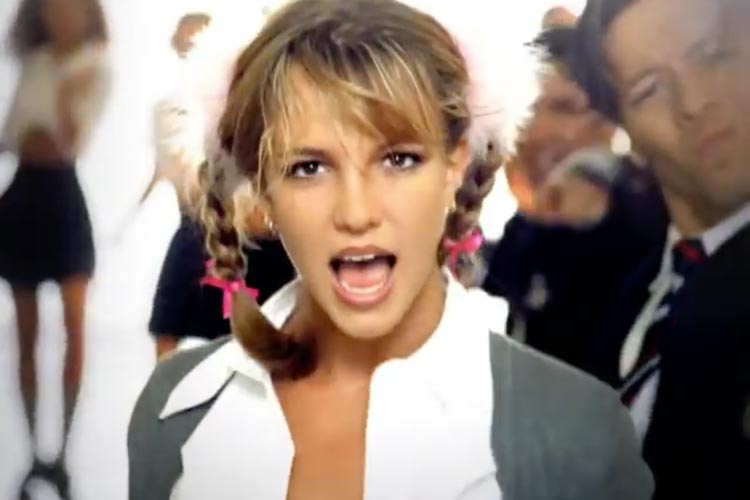
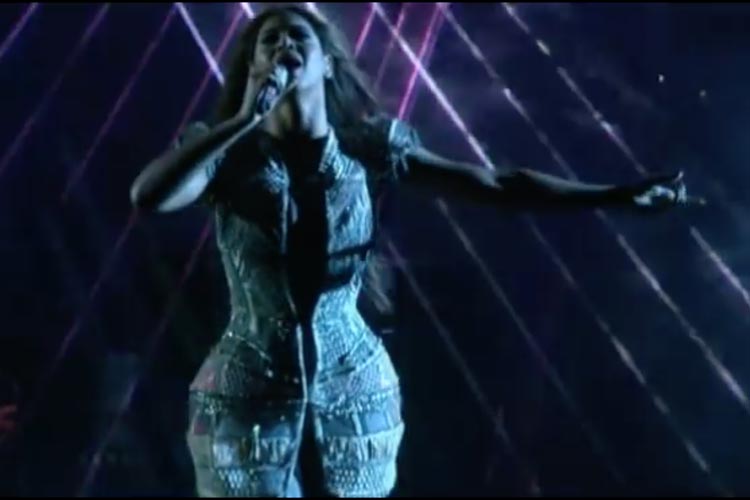
Mix Registers: Beyoncé
Some singers can effectively mix registers and master the transition between the chest, head voice, and falsetto. Beyoncé is an excellent example of this. Since a young age, she has been getting vocal coaching and has mastered this transition along with dancing while singing.
The usable pitches in the modal register are used to determine a singer's range (with the exclusion of opera singers where sometimes notes produced from falsetto and whistle registers are added to a singer's range).
Vocal range plays a role in determining the vocal type of a singer. Still, it is not the only characteristic used to classify a voice.
Factors that can determine voice type:
- Vocal range
- Vocal weight
- Tessitura
- Vocal timbre
- Vocal transition points (brakes and lifts in a voice)
- Vocal registers
- Speaking voice
- Anatomical features
The most common voice types are:
- Bass - the lowest male voice type
- Baritone - the second lowest and most common male voice type usually overlapping the bass and tenor
- Tenor - the highest male voice type sometimes accompanied with a good control over the falsetto (head voice) allowing a singer to reach very high notes (these tenors are called “countertenor”)
- Alto - the lowest female voice type (alto singers able to sing lower similarly to a male tenor are called “contralto”)
- Mezzo-Soprano - the middle-range female voice type usually overlapping the alto and soprano
- Soprano - the highest singing voice type
Examples Of Voice Types
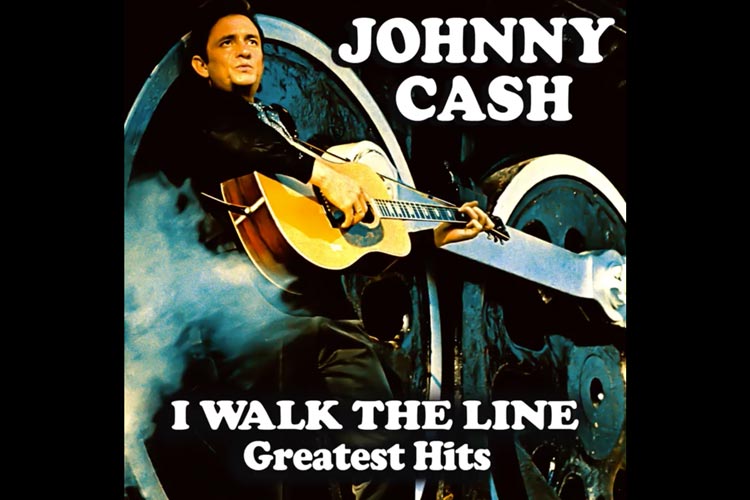
Bass voices – Johnny Cash, Barry White, Bing Crosby, Leonard Cohen, Tim Storms and Avi Kaplan.
Classical music bass – Rene Pape, Boris Christoff, Samuel Ramey, Cesare Siepi, Boris Shtokolov, Carlo Colombara and Joseph Rouleau.
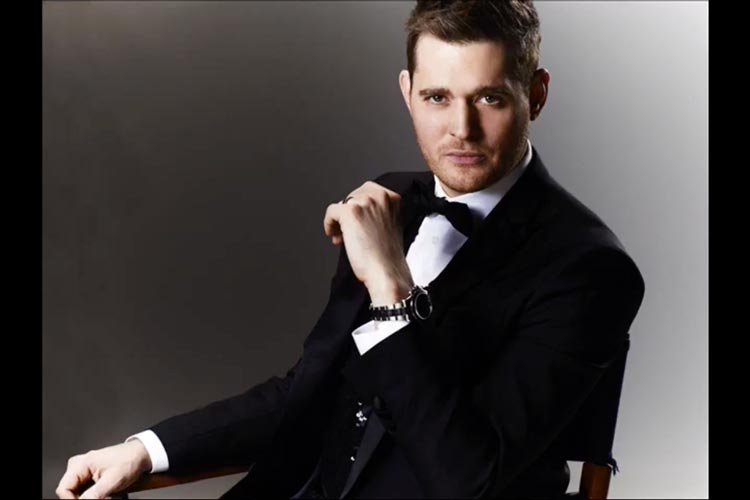
Baritone voices – Michael Bublé, Elvis Presley, Frank Sinatra, B.B. King, Paul Simon, Eric Clapton, Freddie Mercury, David Bowie, Tim McGraw and John Legend.
Classical baritones also include Simon Keenlyside, Gerald Finley, Matthias Goerne, Christian Gerhaher and Dmitri Hvorostovsky.
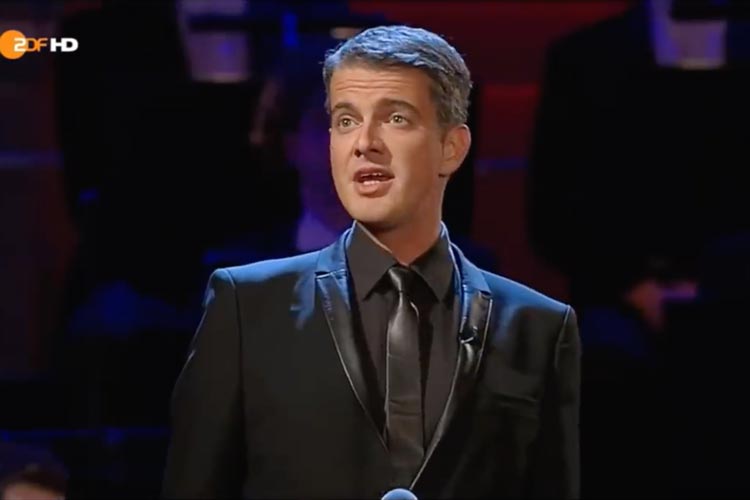
Tenor voices – John Denver, Bryan Adams, Ed Sheeran, Jon Bon Jovi, Bono, Michael Jackson, Usher, Bruno Mars, Keth Urban and Neil Young.
Classical tenors – Luciano Pavarotti, Placido Domingo, Enrico Caruso, Sergey Lemeshev, John McCormack and Andrea Bocelli.
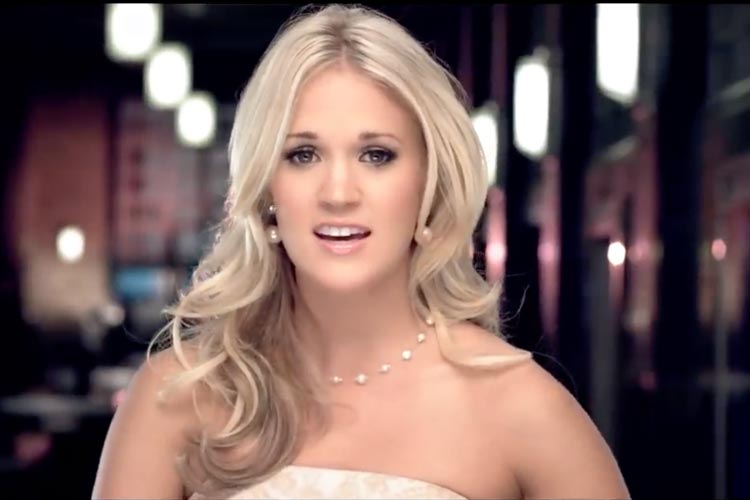
Alto/Contralto voices: Anita Baker, Tina Turner, Cher, Oleta Adams, and Any Lenox.
Classical Alto/contralto voices: Ewa Podles, Eula Beal, and Kathleen Ferrier.
Mezzo-Soprano voices: Adele, Beyoncé, Rihanna, Witney Houston, Lady Gaga, Carrie Underwood, and Sarah McLachlan. Classical mezzo-sopranos: Cecilia Bartoli, Janet Baker, and Catherine Robbin.
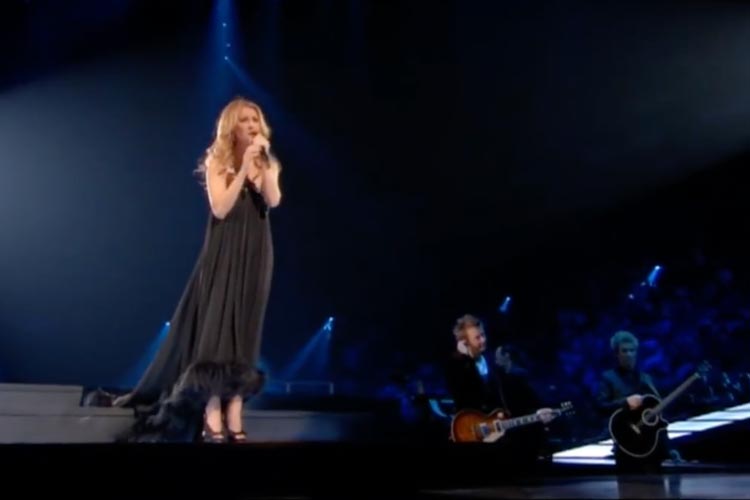
Soprano voices: Sarah Brightman, Mariah Carey, Kelly Clarkson, Ariana Grande, Demi Lovato, Christina Aguilera, and our own Celine Dion.
Classical sopranos: Maria Callas and Renee Fleming.
Famous recording artists who took voice lessons
Very often there is a misconception that only inexperienced singers take voice lessons or singing lessons. Yes, voice lessons help beginner singers tremendously. However, there is a plethora of famous singers who have been taking voice lessons to help them grow and get better.
Among these singers is our very own Canadian singer Celine Dion, Christina Aguilera, Beyoncé, Lady Gaga, Katy Perry, and Justin Timberlake, to name a few.
Our vocal students participate in an annual recital and many music festivals during the school year, including the Peel Music Festival where they have received many awards.
Our Academy of music provides many other different types of private lessons. To accommodate your busy schedules and lesson preferences we provide in-person music lessons in Mississauga (Peel Region) and online music lessons, including:
- Piano lessons
- Classical Guitar lessons,
- Bass lessons, and Ukulele lessons
- Voice lessons and Harmony lessons
- Violin lessons and Cello lessons
- Drum lessons
- Saxophone lessons, Clarinet lessons, and Flute lessons
- Brass instrument lessons including Trumpet lessons
- Music Theory lessons and Music History lessons
We provide one to one private voice lessons in person at our convenient Mississauga location and online voice lessons.
Our current rate is $37.50 per 30-minute private voice lesson.
Lessons are scheduled once a week and available seven days a week. There is a one-time registration fee of $25.00.
No prior musical experience is required to start lessons.
Ignite Your Talent Within
If achieving fame and success through singing is your goal, rest assured that your vocal teacher will work diligently to help you achieve it. However, keep in mind that your success journey can be even more exciting than the goal itself – more than you may realize.
Just imagine being able to connect with your audience and tell a story through your song!
Don't delay your singing journey. The right voice teacher for you is at the best music school in Mississauga, Ontario - The Mississauga Fine Arts Academy.
The voice teachers at the Mississauga Fine Arts Academy aspire to ignite your singing talent within you. They enjoy nurturing your vocal growth beyond your wildest expectations. You will be encouraged to dream big but also work hard.
